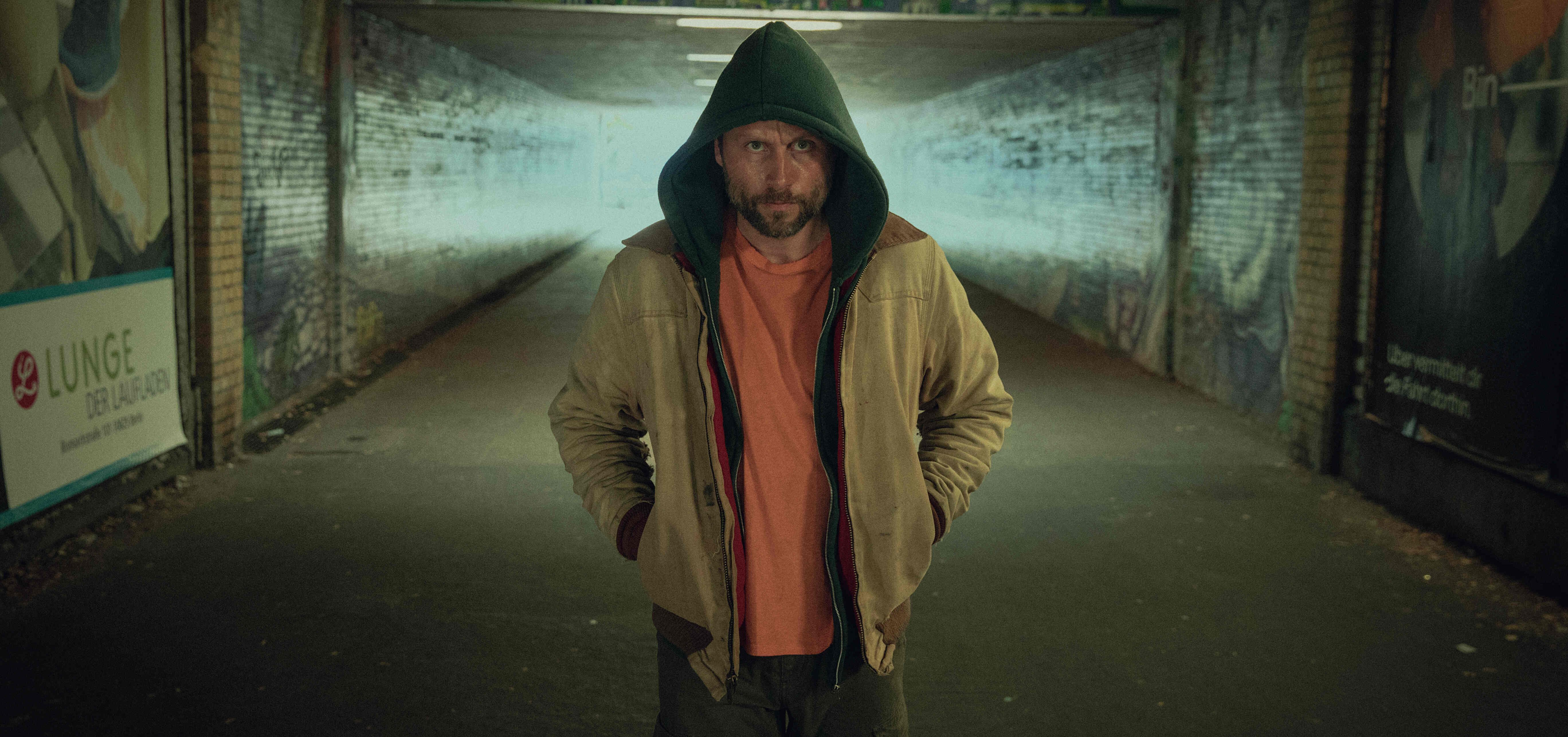Originally titled ‘Schlafende Hunde,’ Netflix’s German series ‘Sleeping Dog’ revolves around Mike Atlas, a former detective who leaves the force after a traumatic incident. When Mussa Basher, the individual who was convicted in the last case he investigated, kills himself in prison, Atlas sets out to reinvestigate the murder case. Atlas is joined by Jule Andergast, a lawyer who works at the District Attorney’s office, as she dives deep into the case of Mussa for the DA. Together, Atlas and Jule unravel several secrets buried by a group of officers. Since the crime series explores corruption and greed realistically as a police procedural, one must be wondering whether the show has true roots. Well, here’s what we can share about the same!
Sleeping Dog is a Fictional Story, Inspired by an Israeli Series
‘Sleeping Dog’ is not based on a true story. The series is the German-language remake of ‘The Exchange Principle,’ an Israeli Hebrew-language series created by Noah Stollman and Oded Davidoff. Stollman and Davidoff created the series upon reportedly diving deep into the murder investigation of Tair Rada, a 13-year-old Israeli schoolgirl who was found dead in the girls’ bathroom of her school in Katzrin, Israel. Although Rada’s murder doesn’t have any relation to the narrative of the show they created, Stollman and Davidoff seemingly wanted to explore the nuances of an investigation after learning more about the same.

Stollman and Davidoff talked to police officers, officers from the prosecutor’s office, and forensic scientists to convincingly create the fictional investigations in their series. After deciding to do a police procedural, the duo wanted to address the corruption in the law-enforcement departments, which was a grave concern in Israeli society at the time. The case of Rabbi Yoshiyahu Yosef Pinto, who reportedly pleaded guilty to bribing a police officer, and the suicide of Ephraim Bracha, who broke the case against Pinto, further inspired the two creators to explore corruption through their show. Stollman and Davidoff considered corruption as a threat that didn’t concern just the police department, which motivated them to depict the consequences of the same in Israeli society.
Stollman and Davidoff’s series also focuses on the corruption that happens in the prosecutor’s offices. They were inspired by the infamous arrest of Tel Aviv District Attorney for criminal matters Ruth Blum-David to explore the same. As far as ‘Sleeping Dog’ is concerned, the German series can be seen as a faithful remake of the Israeli show. Like the original series, the German police procedural also explores the startling repercussions of corruption and greed within a police department through the actions of Luka Zaric and Roland Sokowski.

Through Zaric’s attempts to gain a superior position in the force and the consequences of the same, the show succeeds in depicting how greed paves the way for the loss of lives. The character Corinna Steck in the German series can be seen as a counterpart of Ruth Blum-David, the real-life attorney who was arrested under suspicion of several charges. Although Steck isn’t entirely based on the Israeli lawyer, the German attorney does take advantage of her position and gets investigated by the internal affairs division, similar to what happened in Ruth’s case in real life.
Another significant element ‘Sleeping Dog’ explores is post-traumatic stress disorder (PTSD) among law-enforcement officers. During the research for their show, Stollman and Davidoff learned more about the trauma officers carried while investigating cases and the duo explored the same through their creation. Similarly, the German series focuses on the severity of PTSD among police officers through protagonist Mike Atlas’ life journey. Although the show is a murder mystery, Atlas’ journey ends not when he finds the murderer but when he overcomes his PTSD to reunite with his wife Lenni and daughter Tinka.
Read More: Where is Netflix’s Sleeping Dog Filmed?


You must be logged in to post a comment.